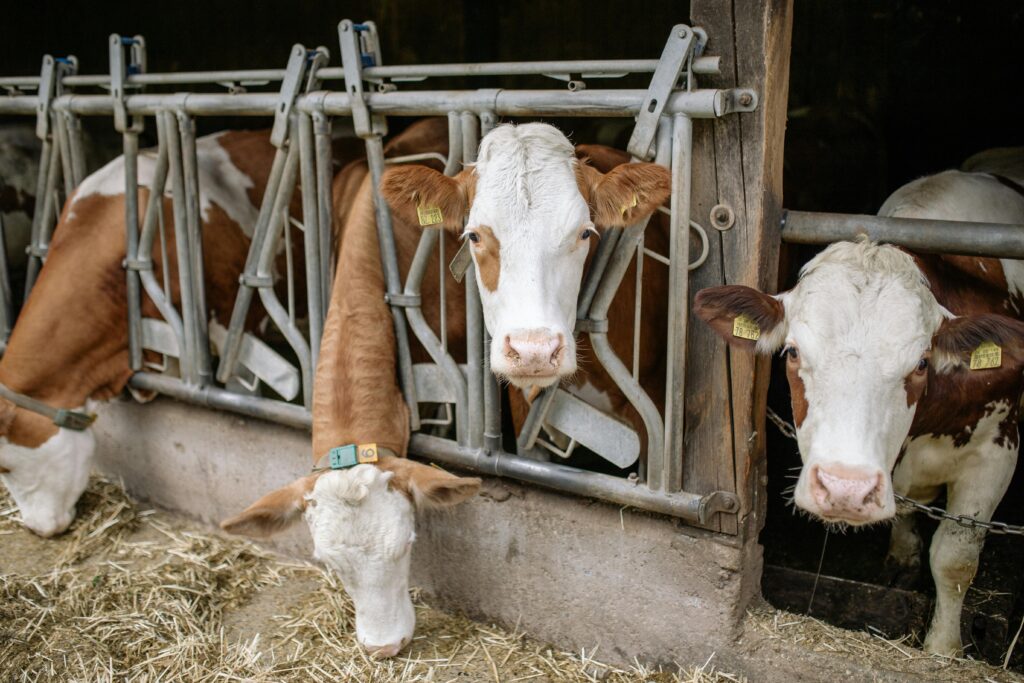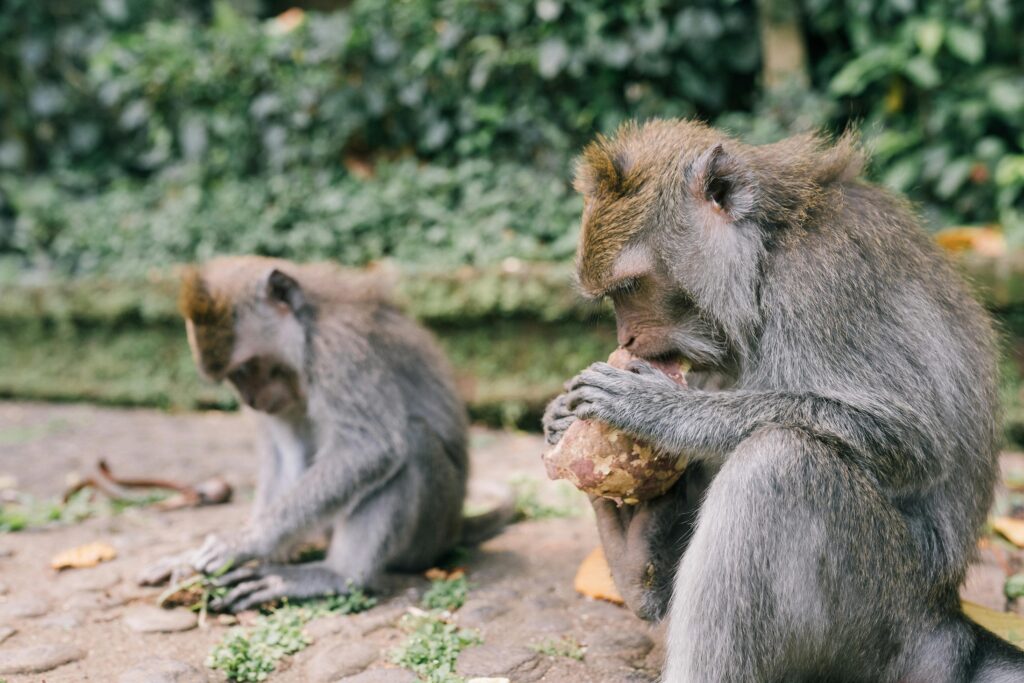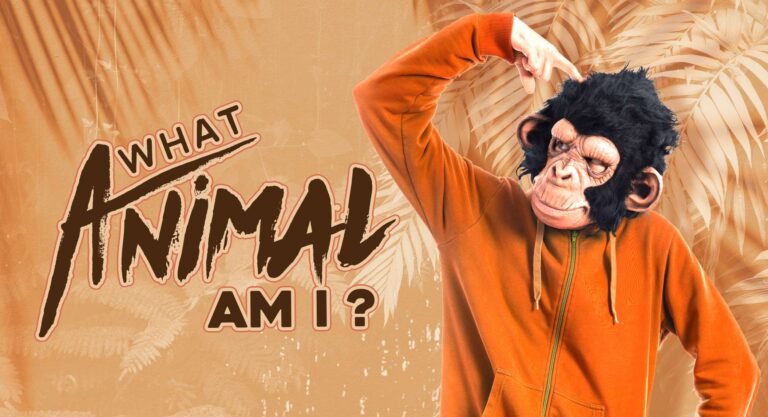This is a very interesting question that has puzzled philosophers, theologians, and scientists through the ages: “Do animals have souls?” From ancient religions to modern spiritual beliefs, there were so many perspectives that each contributed its own understanding of the nature of animals and their place in the cosmic order. As we see into the interesting subject, it becomes clear that the answer is tied closely with one’s convictions, sacred teachings, and the evolution of moral guidelines regarding how people view animals.
Defining the Concept of a Soul
Prior to exploring whether animals have souls, we have to understand what “soul” entails. Almost everywhere across the realm of spiritual tradition, a soul is thought to refer to the essence or vital heart of being, immortal and independent of the body, which does not die with the physical. The rationale for this thinking is that it is the essence of consciousness, feelings, and personality, often regarded as attaching one to the divine.
The human mind hardly questioned the concept of a soul in religious matters. When you ask yourself, “Do animals have souls?”,you enter a less explored and controversial area. It is for this reason that various cultures, religions, and philosophical systems allow different opinions on whether animals share with humans this intangible quality.
Ideas Regarding Animal Souls in Religious Groups

Christianity and the Issue of Animal Souls
In Christianity, views on animal souls range immensely. Traditional teachings say that only humans have souls with eternal destinies. This belief begins from how people interpret the Bible, which describes human beings as having been created in the image of God and as having free will, moral reasoning, and eternal souls.
But recent Christian scholars and theologians began to challenge this monopolistic view. Some argue that as creations by God, animals may also have souls in a different sense of the term. After all, animals exhibit love, sorrow, loyalty, and all those qualities that many people attribute to a soulful nature. Modern thinkers underpin their arguments with Biblically written passages that speak about God’s concern for all creatures, therefore arguing that animals might have a spiritual essence, too.
Hinduism and the Continuity of Souls
Indeed, speaking about “Do animals have souls?”, Hinduism has an obvious answer: yes. Human life, as well as other creatures defined as animals within Hinduism. Besides, faith in reincarnation is, in any case, a direct outcome of Hindu doctrine, meaning there is a cyclical move of a soul in different life forms – including animals – before its spiritual liberation takes place in a form known as moksha.
For this reason, in the Hindu world view, animals are never lower than humans spiritually but are instead traveling companions in this intergalactic voyage. This belief has led to intense vegetarianism and animal protection in many Hindu societies, as causing an injury to an animal was considered to be a blockage to the path of the soul’s spiritual development.

Buddhism and Sentient Beings
Like Hinduism, Buddhism teaches that all living animals, from human to insects, fall into the cycle of birth, death, and rebirth. However, Buddhism generally doesn’t believe in the eternal soul, but speaks of consciousness or mind that reincarnates. Animals, therefore, have a form of consciousness; thus their karma affects their next existences.
While by no means conceptualizing the soul the same way other faiths do, their doctrines still affirm spiritual interests in animals. Even the Dalai Lama spoke of compassion for animals, noting that even animals can suffer and assuming a place within an interconnected web of life.
Islam and the Respect for All Life
Like Christianity, Islamic teachings have always been more concerned with human souls, but the religion gives a great deal of respect to animals. The Quran said that animals are part of God’s creations, and there are actually many hadiths-sayings of the Prophet Muhammad-that focus on showing love and kindness to animals.
Some believe that animals actually have a different soul than human beings. Animals typically praise God in their own ways. They are believed to have souls present in them. Al-Ghazali, one of the renowned scholars of Islam, once opined that perhaps the soul of the animals goes back to God at the time of death, but their life after death is certainly not the same as that of human beings.

Philosophical and Scientific Views
A question that science generally shuns as falling within the realm of spiritual and unscientific parlance: Do animals have souls? From a philosophical stance, we have discussed animal consciousness, intelligence, and emotional capacity.
New research into animal behavior among modern animals indicated that a many of these modern animals really have much more complex, emotional, and social behavior than once previously thought. Elephants mourn dead members, dogs show loyalty and affection to others, and dolphins play and sympathize with one another. These behaviors raise interesting questions about whether animals experience life in a soulful manner.
Biologically, scientists would say that such behaviors are evolutionary adaptations that would help animals survive, but they have nothing to do with a soul. The meaning of this discovery, however creates interesting evidence to prove that animals, although not religiously speaking of the soul, may have some form of consciousness or spirit for philosophers and ethicists.
Do Animals Have Souls? Ethical Considerations
When considering the question “Do animals have souls?”, its important to remember the ethical implications and attach them to the question itself. That is to say, if they do possess souls-or if they are sentient beings possessing complex emotions-in what does this suggest for how we interact with them?

People across the globe are now demanding more humane treatment of animals in agriculture, entertainment, and research. Even if, however, animals are soulful creatures in and of themselves with intrinsic values, this enhances the case for their treatment with dignity, respect, and compassion. From this point of view, the soul is neither a theological nor a philosophical concept but a matrix that maps our moral obligations to other living creatures.


















